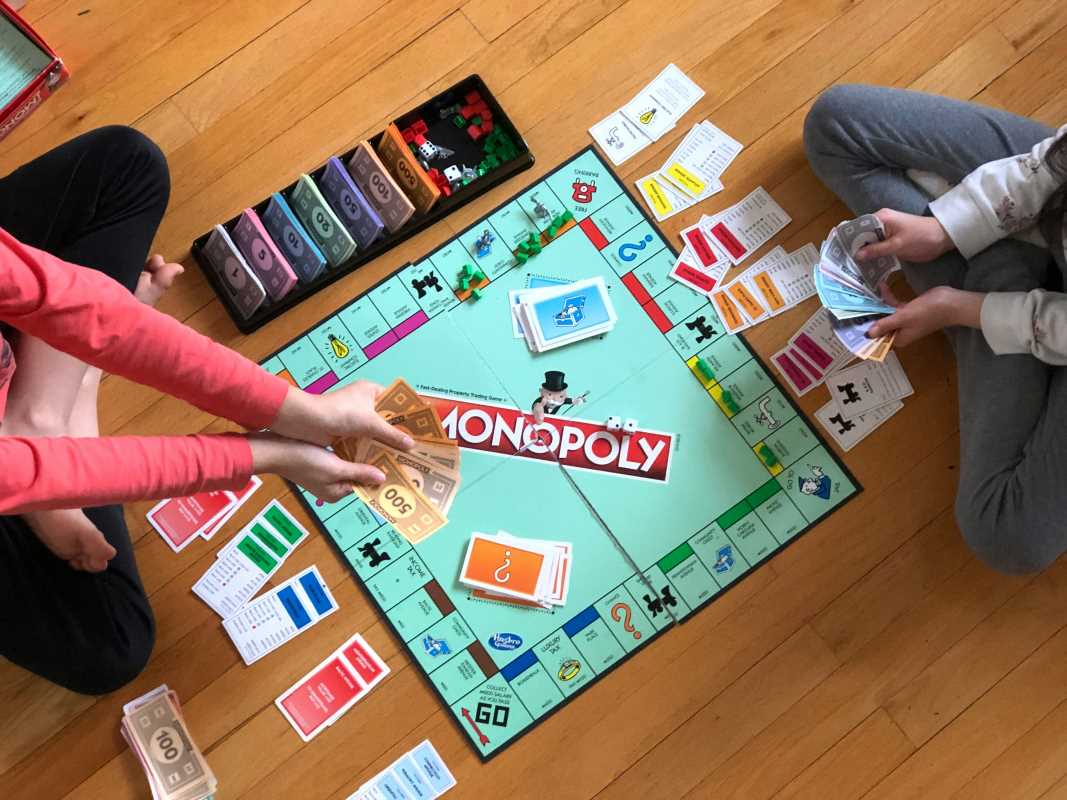Board games have long been a cherished form of entertainment, providing hours of fun for families and friends alike. However, board games have experienced a dramatic resurgence recently, becoming a prominent feature in casual gatherings and dedicated gaming communities. The reasons behind this renaissance are multifaceted, rooted in nostalgia, the desire for social connection, mental challenges, and the evolution of game design. This article explores the growing popularity of board games, delving into the factors driving this trend, the rise of new genres, and the broader cultural implications of this renewed enthusiasm.
Nostalgia and the Appeal of Tradition
For many, board games evoke fond childhood memories—gathering around a table with family or friends to play classics like Monopoly, Scrabble, or Clue. This nostalgia is a powerful driver of the board game revival, as players seek to recapture the joy of simpler times.
- Shared Memories: Revisiting familiar games creates a sense of comfort and continuity across generations.
- Reimagined Classics: Many traditional games have been updated with modern twists, introducing fresh mechanics or themes while retaining their original charm.
- Family Bonding: Parents are rediscovering board games as a way to connect with their children, pass down traditions, and create new memories.
Example: Hasbro’s modern iterations of The Game of Life and Risk incorporate contemporary themes that resonate with today’s players, blending the old with the new.
A Break from the Digital World
In a world dominated by screens, board games offer a refreshing respite from the digital realm. They provide a tangible, tactile experience that encourages players to unplug and engage face-to-face.
- Quality Time: Playing a board game fosters meaningful interaction and strengthens relationships through shared laughter, strategy, and competition.
- Mindful Play: The physical presence of a game board, pieces, and dice engages the senses, grounding players in the present moment.
- Escape from Tech Fatigue: With increasing awareness of the negative effects of excessive screen time, board games serve as a healthy and enjoyable alternative.
The Rise of Immersive Gameplay: Escape Room Board Games
One of the most exciting developments in the board game industry is the popularity of escape room games. These immersive, puzzle-driven experiences challenge players to work collaboratively under time pressure to "escape" from a scenario.
- Collaborative Fun: Unlike traditional competitive games, escape room games emphasize teamwork and shared problem-solving.
- Engaging Themes: From solving crimes to escaping haunted mansions, these games captivate players with compelling narratives and intricate puzzles.
- Replayability: Though often designed for single use, many escape room games now include components that allow for replay or expansion packs.
Example: Games like Exit: The Game and Unlock! have won numerous awards for their innovative approaches, cementing their status as fan favorites.
The Strategic Revolution: Think and Win
Strategy board games have ushered in a golden age of gaming, appealing to players who crave mental challenges and strategic depth.
- Cognitive Benefits: Games like Settlers of Catan, Pandemic, and Ticket to Ride require players to think critically, adapt strategies, and plan.
- Endless Replay Value: Complex mechanics and varying player decisions ensure no two games are the same.
- Community Building: Strategy games often inspire tournaments and leagues, fostering camaraderie among players.
Case Study: Gloomhaven's cooperative strategy game's success highlights the growing demand for richly detailed and strategic gameplay experiences.
The Psychology of Social Deduction Games
Social deduction games tap into players' psychological skills, offering a unique blend of deception, intuition, and social interaction.
- Deceptive Gameplay: Games like Werewolf and Secret Hitler challenge players to lie convincingly or identify liars within their group.
- Emotional Thrills: The suspense of uncovering traitors and the satisfaction of outsmarting opponents make these games endlessly entertaining.
- Inclusive Fun: These games are often simple to learn, making them accessible to casual and seasoned gamers.
Accessibility and Variety: Something for Everyone
Modern board games cater to a diverse audience, ensuring a game for every taste, age group, and skill level.
- Party Games: Titles like Codenames and Cards Against Humanity provide quick, lighthearted fun, perfect for gatherings.
- Cooperative Games: In games like Pandemic and Forbidden Island, players work together to achieve a common goal, fostering teamwork.
- Solo Play Options: Many games now include solo modes, allowing players to enjoy immersive experiences even when gaming alone.
The Role of the Board Game Community
Vibrant online and offline communities have partly fueled the resurgence of board games.
- Conventions and Meetups: Events like Gen Con and Spiel Essen attract thousands of enthusiasts, providing opportunities to discover new games and meet like-minded players.
- Online Forums and Reviews: Websites like BoardGameGeek offer resources for finding and reviewing games and connecting players worldwide.
- Local Game Cafes: These establishments provide welcoming spaces where players can explore and enjoy games without purchasing them.
Cultural Impact and Modern Trends
The board game renaissance reflects broader cultural trends and societal shifts.
- Mindfulness and Wellness: Board games align with the growing emphasis on mindfulness, offering a stress-relieving activity that fosters social bonds.
- Inclusivity: Game designers increasingly create inclusive experiences, representing diverse characters, themes, and stories.
- Sustainability: Many publishers are adopting eco-friendly practices, such as using recycled materials and minimizing plastic components.
Tips for Newcomers: How to Start Your Board Game Journey
If you’re new to the world of board games, here’s how to dive in:
- Start Small: Begin with easy-to-learn games like Sushi Go! or Ticket to Ride.
- Explore Genres: Try different types of games—cooperative, strategy, party, and social deduction—to find your preferences.
- Visit a Game Cafe: These venues let you sample games before committing to a purchase.
- Join a Community: Attend local board game nights or online groups to meet fellow enthusiasts.
The Future of Board Games
As technology and creativity evolve, the future of board games holds exciting possibilities.
- Hybrid Games: Combining traditional boards with digital apps, hybrid games offer enhanced interactivity and storytelling.
- Educational Tools: More educators recognize board games as valuable teaching aids for developing critical thinking and teamwork skills.
- Customizable Experiences: Crowdfunding platforms like Kickstarter enable designers to create niche games tailored to specific audiences.
A Timeless Treasure in Modern Times
The resurgence of board games is a testament to their enduring appeal. Whether offering a nostalgic trip down memory lane, an opportunity for intellectual challenge, or a means of connecting with others, board games remain a beloved pastime for all ages. As the industry continues to innovate, the possibilities are endless, ensuring that the joy of board gaming will endure for generations. So, gather your friends, shuffle the deck, and roll the dice—an adventure awaits on the tabletop.
 (Image via
(Image via





